
Let the sunshine vitamin in
Vitamin D is called the sunshine vitamin because our bodies produce it in response to sunlight. Given valid concerns about skin cancer and premature aging, we tend to slather on sunscreen—which protects skin, but also limits the ability to produce vitamin D. This also limits the vitamin D benefits we absorb. “Most doctors recommend spending about 15 minutes a day in the sun without sunscreen to give your body a chance to create its daily dose of vitamin D,” Michael Holick, MD, professor, and director of the Vitamin D, Skin and Bone Research Laboratory at Boston University Medical Center says. You can also get it from milk and other types of dairy, and some breakfast cereals which are fortified with vitamin D.
(Find Out: Are You Getting Enough Vitamin D?)

Healthier pregnancies for moms and babies
Expecting moms with low blood levels of vitamin D during pregnancy are at higher risk for potentially fatal high blood pressure (preeclampsia), early delivery, and low birth weight babies. And it doesn’t stop there—moms who are deficient in D are also more likely to require a C-section delivery and are at greater risk for infections, says Dr. Holick. It’s crucial for moms to have enough because D receptors in the uterine muscle may strengthen contractions during labour, one of many vitamin D benefits. The vitamin may also boost immunity for mom and baby, he says. So how much vitamin D does a pregnant woman need? In one study, women who took high doses of vitamin D during pregnancy had a much lower risk of complications. Discuss with your doctor whether you could benefit from supplements.
(Related: The Foods You Should Eat When Pregnant)
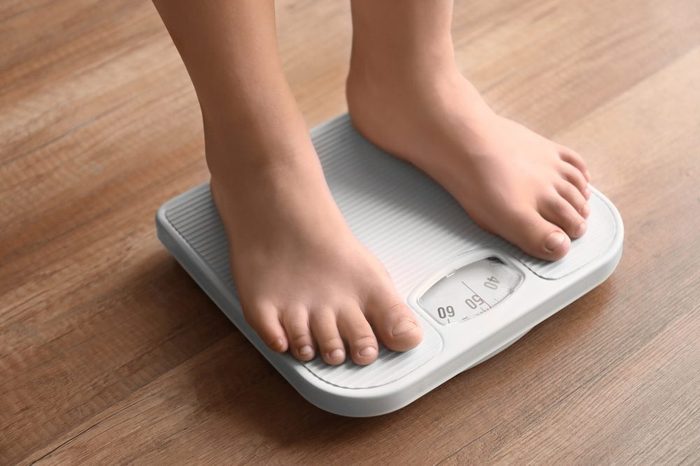
Prevent obesity
Another reason for expecting moms to get enough D: Researchers out of the Keck School of Medicine at the University of Southern California report that pregnant women who are deficient may actually program their babies to become obese as children and adults. Six-year-olds born to mothers with very low vitamin D levels during their first trimester had bigger waists than kids whose mothers had enough vitamin D. These kids also had 2 percent more body fat, the study showed. “These increases may not seem like much,” says study author Vaia Lida Chatzi, an associate professor of preventive medicine at the Keck School of Medicine, in a news release. However, “even a half-inch increase in waist circumference is a big deal, especially if you project this fat surplus across their lifespan.”
(Related: 5 Myths and Truths About Vitamin D)

Keep your lungs strong
Kids born to moms who were deficient in vitamin D are more likely to develop asthma and other breathing disorders, says Dr. Holick, the author of The Vitamin D Solution: A 3-Step Strategy to Cure Our Most Common Health Problem. “We know that adequate levels of vitamin D help build an effective immune system and that the mother’s immunity carries over to her child during pregnancy and beyond.”
(Related: 11 Exercises That Help Build Stronger Lungs)
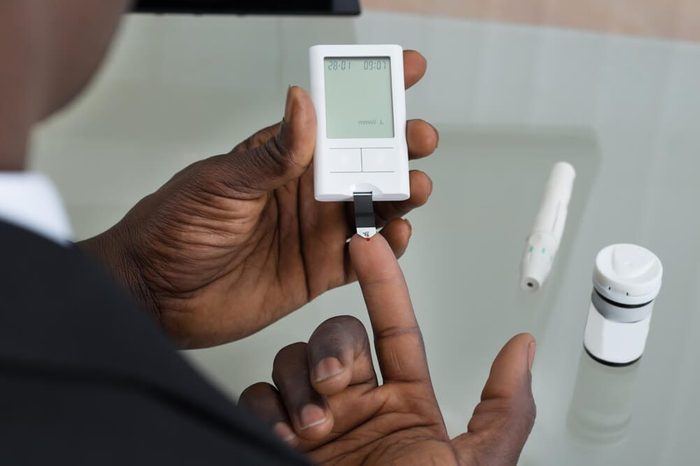
Avoid diabetes
You’re never too young to rake in the vitamin D benefits. Children who get enough vitamin D during their first year of life are less likely to develop type 1 diabetes later on. In fact, research shows that children who got 2,000 IUs of D daily during their first year of life were 88 percent less likely to develop diabetes over the next 30 years. And there’s some evidence that adequate vitamin D may also protect against type 2 diabetes, the form of the disease most closely tied to obesity. “Men and women with the highest intake of calcium and vitamin D have a 33 percent reduced risk of developing type 2 diabetes,” Dr. Holick says. One possible explanation for this protection is that the beta cells in the pancreas that secrete insulin have vitamin D receptors, and getting enough of the nutrient may help these cells churn out insulin and keep blood sugar levels in check.

Ward off autoimmune disease
Autoimmune diseases are on the rise, and insufficient vitamin D may be the reason. According to Dr. Holick, research has linked low D to an increased risk of rheumatoid arthritis, Crohn’s disease, multiple sclerosis, and lupus. When vitamin D binds with receptors in the immune system, it helps our immune system to do its job more effectively—namely recognizing and attacking dangerous invaders, and not attacking normal, healthy tissue, which is the definition of an autoimmune problem.
(Related: Why You Might Want to Start Taking Vitamin D Before Winter Comes Around)

Build stronger bones
Vitamin D and calcium work together to build and maintain healthy bones. “Vitamin D helps calcium do its job and without it, our bones become brittle,” says Wilmington, NC-based integrative medicine specialist David Friedman, ND, author of Food Sanity: How to Eat I a World of Fads and Fiction. “Two common bone diseases are caused by a lack of vitamin D: rickets (in children) and osteomalacia (in adults). Both lead to diffuse body pains, muscle weakness, and fragile bones,” he says.
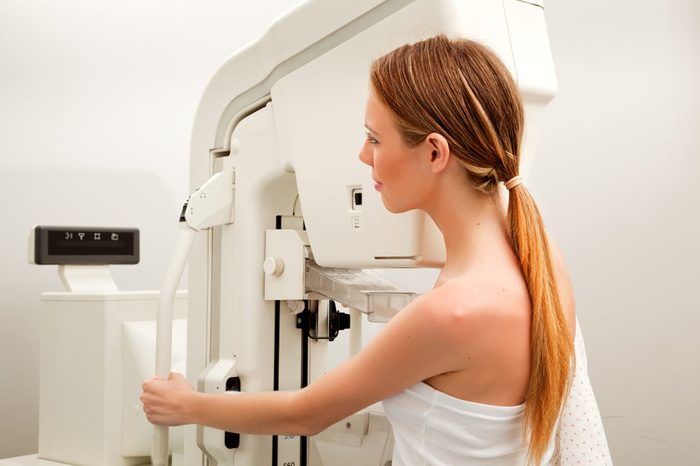
Prevent breast cancer
The research is fairly clear, says Dr. Holick: Adequate levels of vitamin D can reduce your risk for breast cancer. “Sun exposure and vitamin D status during the early adult years will reduce the risk of developing advanced breast cancer later in life.” Women with a lot of sun exposure had half the risk of developing breast cancer as women with low sun exposure, according to research in the American Journal of Epidemiology.
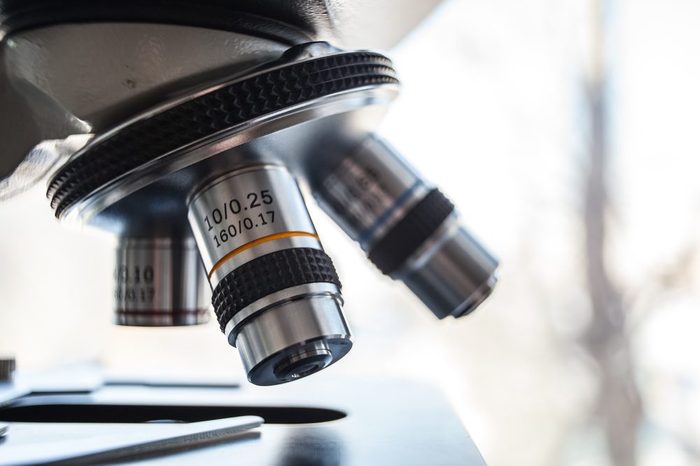
Reduce your risk of other cancers
Breast cancer isn’t the only cancer that vitamin D may protect us from, Dr. Holick explains. Research suggests that sufficient levels may reduce the risk for colorectal, breast, prostate, and pancreatic cancer, to name a few. In one study of 34,000 adults, those with high levels of vitamin D had a 20 percent lower chance of developing all types of cancers.
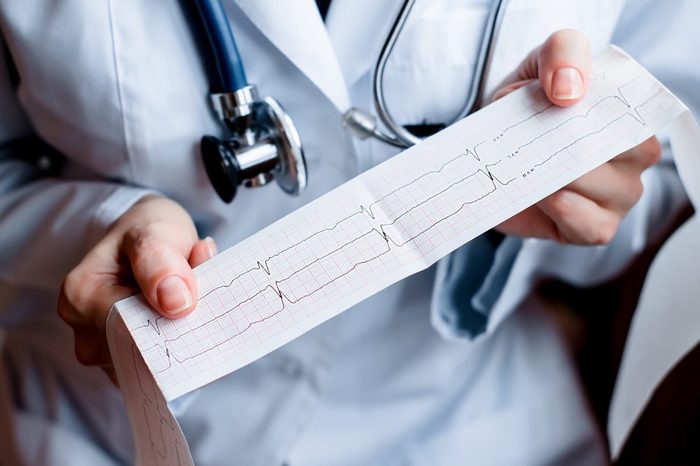
Keep your heart healthy
This is a big one, says Dr. Holick: “There are 200 genes in the cardiovascular system regulated by vitamin D,” he says, and some studies have found hints that vitamin D can stop cholesterol from clogging arteries. He points out that the nutrient can also “regulate blood pressure and improve the function of cells in the heart.” New research shows that vitamin D3 can restore damage to the cardiovascular system caused by diseases such as high blood pressure and diabetes. Doctors now recognize that many patients who have a heart attack will have a deficiency of D3, according to lead study author Tadeusz Malinski, PhD, Marvin & Ann Dilley White Chair and Distinguished Professor at the Ohio University College of Arts and Science in Athens. In a press release, Dr. Malinski stated, “It doesn’t mean that the deficiency caused the heart attack, but it increased the risk of heart attack.”
(Related: 6 Things You Probably Don’t Know About Heart Health)

Save your brain
Severe vitamin D deficiency has a big impact on cognitive function, Dr. Holick says. People with extremely low blood levels of vitamin D were more than twice as likely to develop Alzheimer’s disease or other types of dementia than those with normal vitamin D levels, according to one study—though it’s still too early to make any specific recommendations.
(Related: 38 Habits to Start Today to Keep Your Brain Healthy at 80)
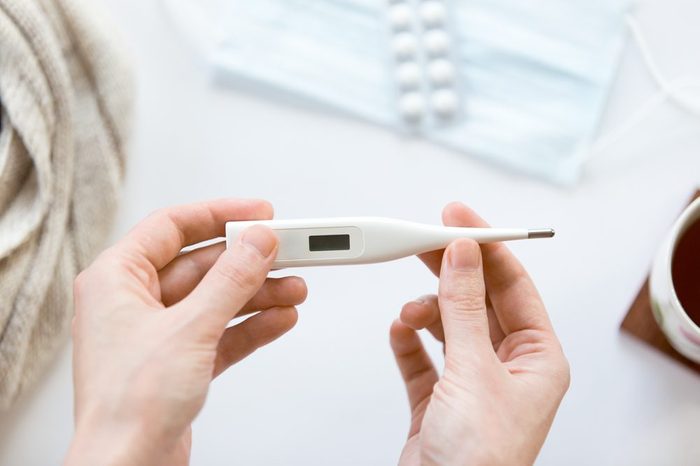
Ward off colds and the flu
Most of us think about zinc and vitamin C when we think about staving off colds and the flu, but vitamin D should also be on the list, Dr. Holick says. A study of healthy adults found that those with blood levels of vitamin D were less likely to develop upper respiratory infections, and research out of Japan showed that school children who took 1,200 IUs of D a day had a 42 percent lower risk of flu.
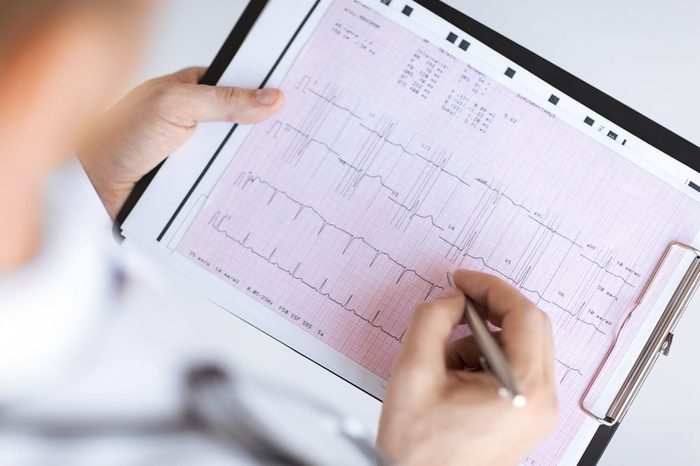
Healthy arteries
Taking high doses of vitamin D may keep arteries more flexible, which can potentially lower risk for heart disease, heart attack, and stroke, a new study suggests. When overweight young black men and women took vitamin D supplements for four months, their arterial stiffness decreased. Study participants who took 2,000 IU a day experienced a 2 percent decrease in arterial stiffness, and those who took only the currently recommended dose—600 IU—experienced a slight increase in arterial stiffness—about 0.1 percent. “The current recommended daily dose of vitamin D may be OK for bone health, but evidence suggests that we may need more to achieve other health benefits,” Dr. Holick says.

Boost your mood
Low levels of vitamin D are linked to shortfalls of the mood chemical serotonin, Dr. Holick says. “In studies of animals deficient in serotonin, we have shown that vitamin D improves serotonin levels.” Many antidepressants and anti-anxiety medications target serotonin. Women with moderate to severe depression improved after they were treated for vitamin D deficiency, according to a small study presented at the Endocrine Society’s 94th Annual Meeting in Houston. “Detection and treatment of vitamin D deficiency in patients with depression may be an easy and cost-effective adjunct to mainstream therapies,” the researchers conclude, though they note that more research is needed.
(Related: 7 Signs That Could Mean You’re Not Getting Enough Vitamin D)

Improve balance and avoid falls
When seniors participating in a Meals on Wheels program received vitamin-D rich meals delivered to their doors, their risk of falling dropped. The study appeared in the Journal of the American Geriatrics Society. Falls can have devastating consequences, especially for the elderly.
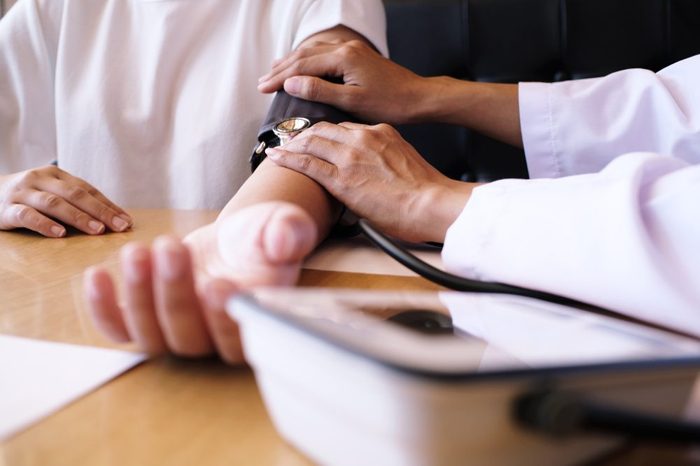
Help prevent deaths from heart disease
A normal intake of vitamin D can slash the risk of early death among people with cardiovascular disease by 30 percent, a Norwegian study found. “We discovered that the right amount of vitamin D reduces the risk of death substantially.” says study author Jutta Dierkes, Professor in the Department of Clinical Medicine at the University of Bergen in Norway. The main takeaway? “If you are at risk for deficiency, ask your doctor to check your vitamin D levels to see where you stand,” says Todd Sontag, DO, family medicine specialist with Orlando Health Physician Associates in Florida.

Ease IBS
Vitamin D benefits apply to irritable bowel syndrome (IBS) symptoms, too. These supplements may relieve some IBS symptoms such as abdominal pain, bloating, diarrhea, and constipation, according to University of Sheffield researchers. These symptoms can greatly diminish a person’s quality of life. “It is evident from the findings that all people with IBS should have their vitamin D levels tested and a large majority of them would benefit from supplements,” says study author Bernard M Corfe, principal investigator in Molecular Gastroenterology at the University of Sheffield in the U.K., in a news release.
(Related: How to Know If Your Tummy Problems are Really IBS)

Help eliminate headaches
Chronic headaches are tough to treat and manage. Now, new research suggests that vitamin D deficiency may increase a person’s risk: Men with the lowest blood levels of vitamin D were two times more likely to suffer from headaches weekly compared to men with the highest levels of D.

Avoid heart failure
A heart attack can damage the heart muscle and, if the damage is severe, will increase your risk for heart failure. A study in mice suggests that regular consumption of vitamin D can reduce this risk. The results appear in the journal Heart Lung and Circulation. The mice’s hearts didn’t develop the excessive scarring and thickening of heart tissue that typically follows a heart attack, the researchers report. You might be low on vitamin D and not even know it.
(Related: 15 Heart Attack Prevention Tips Every Woman Must Know)
Protect against autism
Researchers have linked low vitamin D levels at birth with an increased risk of autism by age three. Those newborns with the lowest vitamin D levels in the study had the highest risk of developing autism compared to newborns with higher levels of vitamin D—although the researchers stress that more studies need to be done to confirm this link.
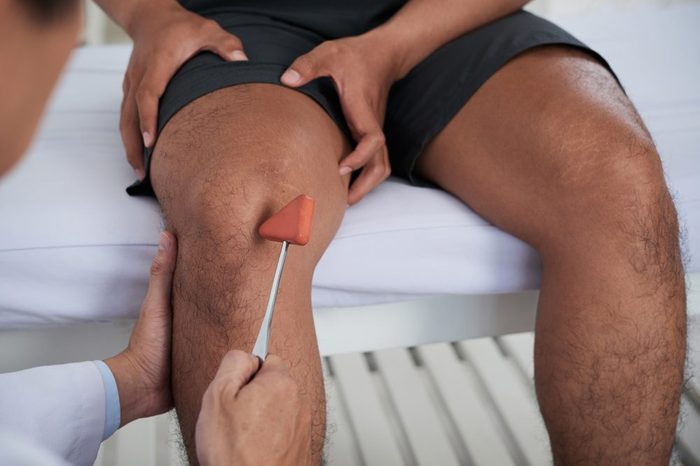
Ward off multiple sclerosis (MS)
With this autoimmune disease, the body eats away the protective coating on crucial nerves, breaking down the lines of communication between the brain and body. A study in Neurology reveals that maintaining high vitamin D levels may help reduce the risk of MS. For every step up in blood level concentrations of vitamin D, the risk of developing MS decreased by 39 percent. And study participants with a vitamin D deficiency had a 43 percent higher chance of developing MS. “Vitamin D may also have a beneficial effect on the course of MS by lowering the risk of relapses,” Dr. Holick says.
(Learn More: Vitamin D May Just Be the Answer to Preventing This Degenerative Disease)
Protect against severe asthma attacks
Vitamin D may cut your risk of potentially fatal asthma attacks in half. Popping vitamin D supplements slashed the risk of a type of severe asthma attack requiring hospitalization by 50 percent, according to a study in Lancet Respiratory Medicine. What’s more, vitamin D supplements also reduced asthma attacks that would require treatment by steroid pills or injections by up to 30 percent.

Live a longer, healthier life
If all of the other life-saving vitamin D benefits weren’t enough, you should know it also tacks years onto your life, says Dr. Sontag. “The lower your vitamin D, the higher your mortality risk,” he says. “We don’t know why yet, but we know there are survival benefits when you increase your vitamin D.”
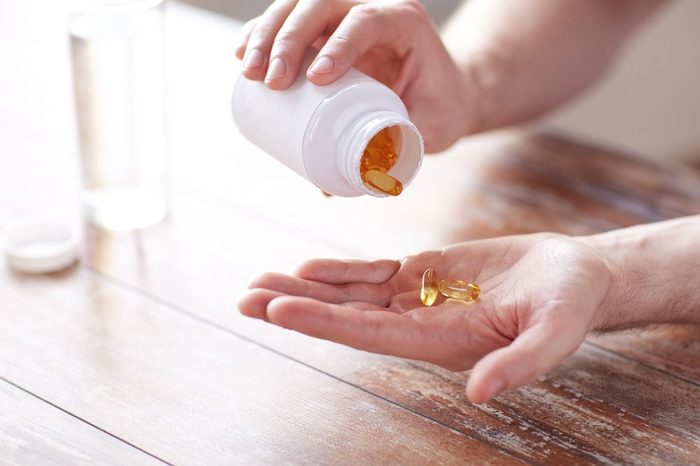
Do you need a supplement?
So how much vitamin D do you need to derive these awesome benefits? The Institute of Medicine (IOM) recommends 600 IUs of D per day for almost everyone. If you are 71 and older, you may need as much as 800 IUs per day, the IOM states. These numbers may be OK for bone health, but you’ll need more to get these other the benefits, Dr. Holick says. A simple blood test can tell you where you stand and if supplements make sense.
Next: Is it Better to Take Vitamin D Supplements or Soak Up the Sun’s Rays?


